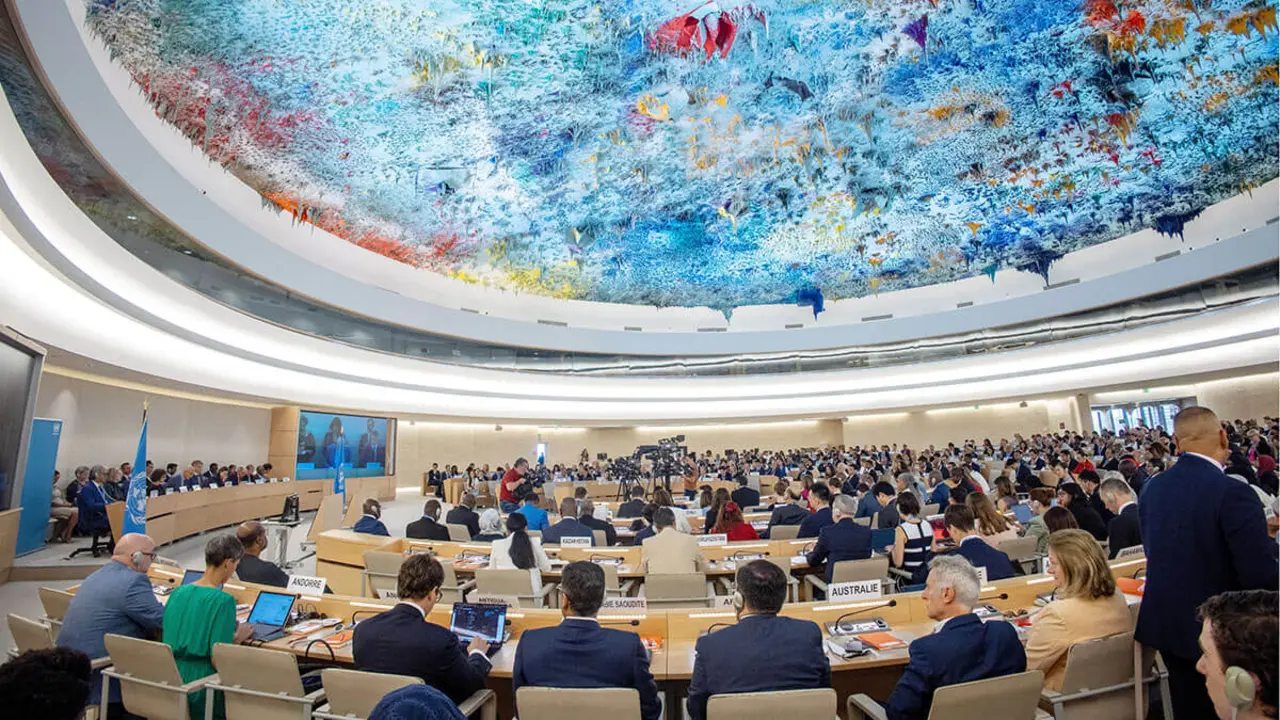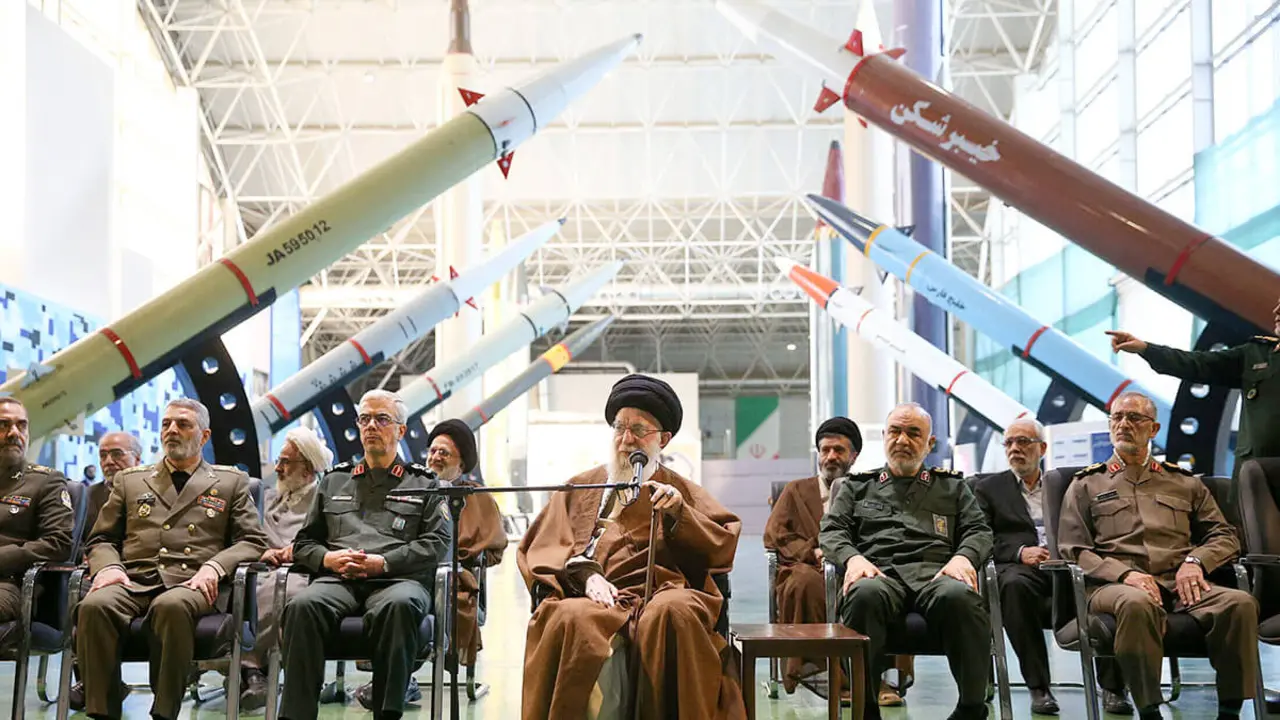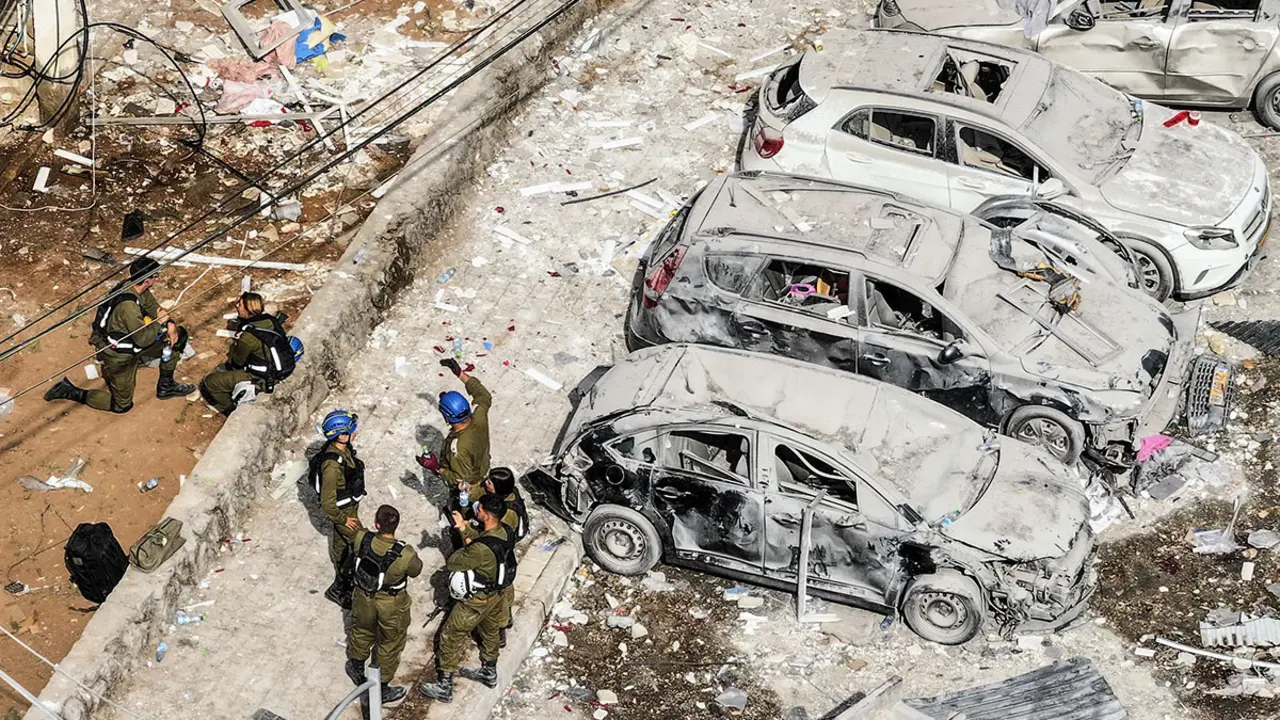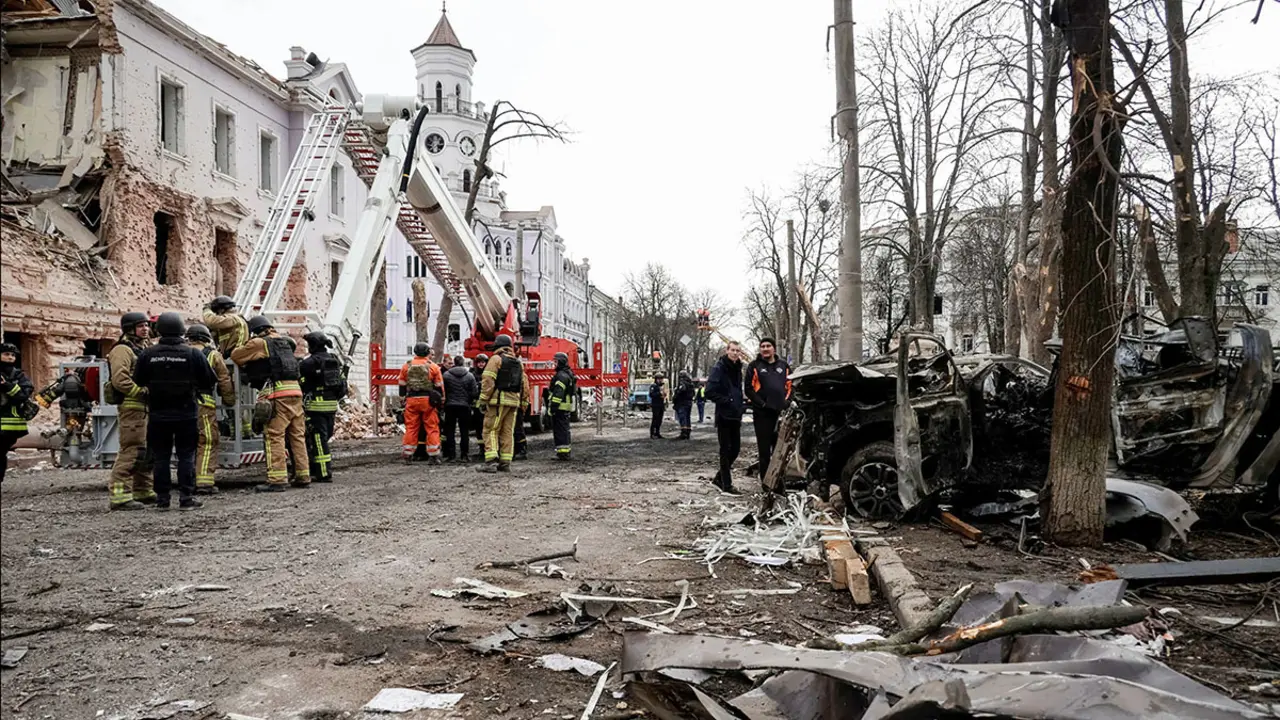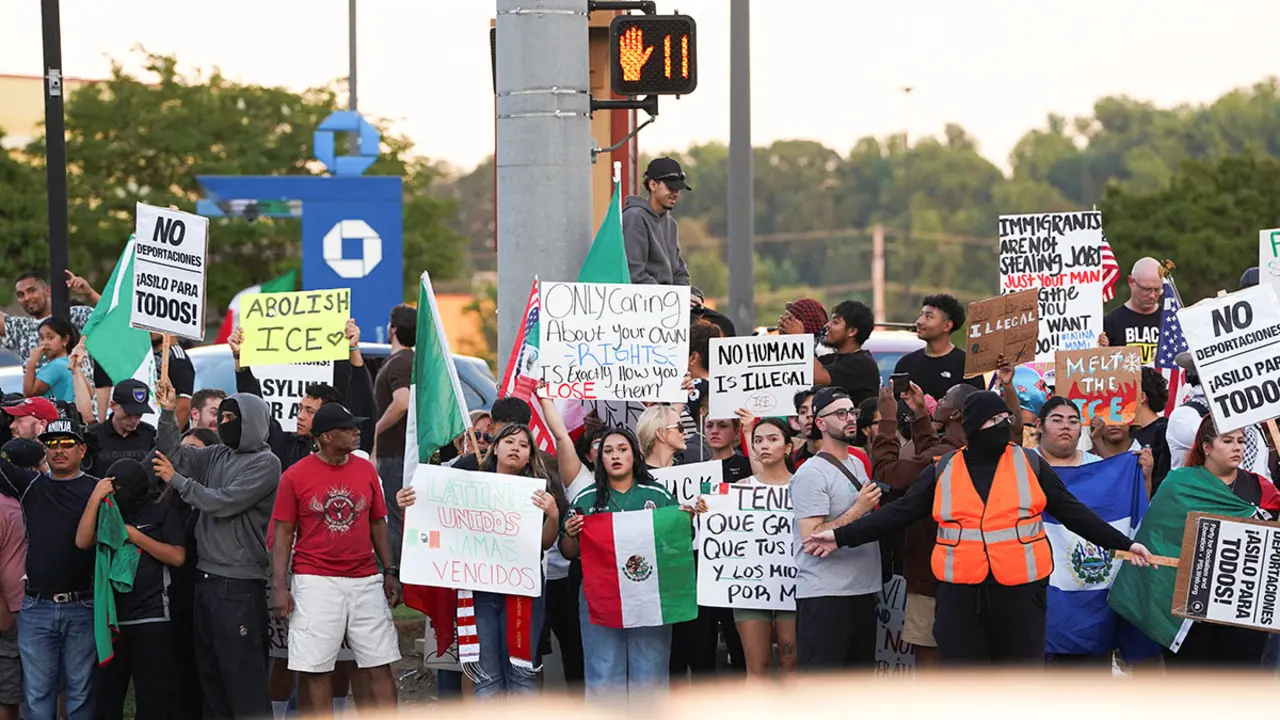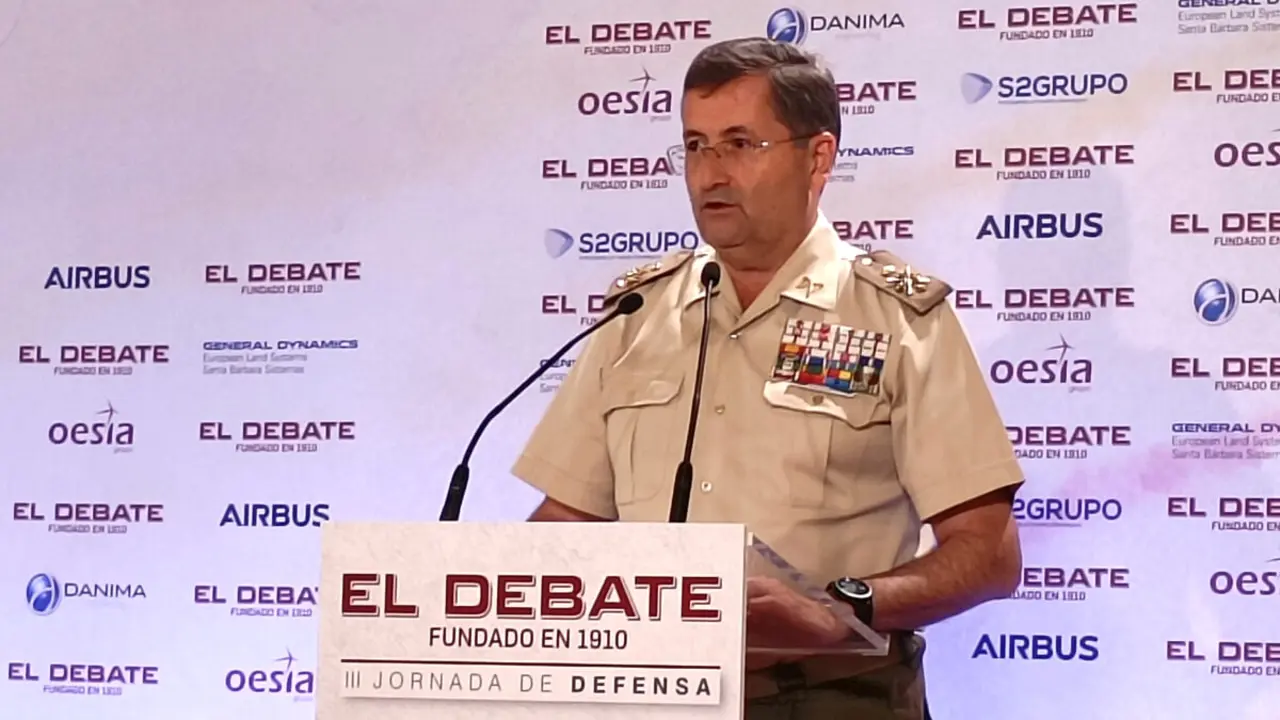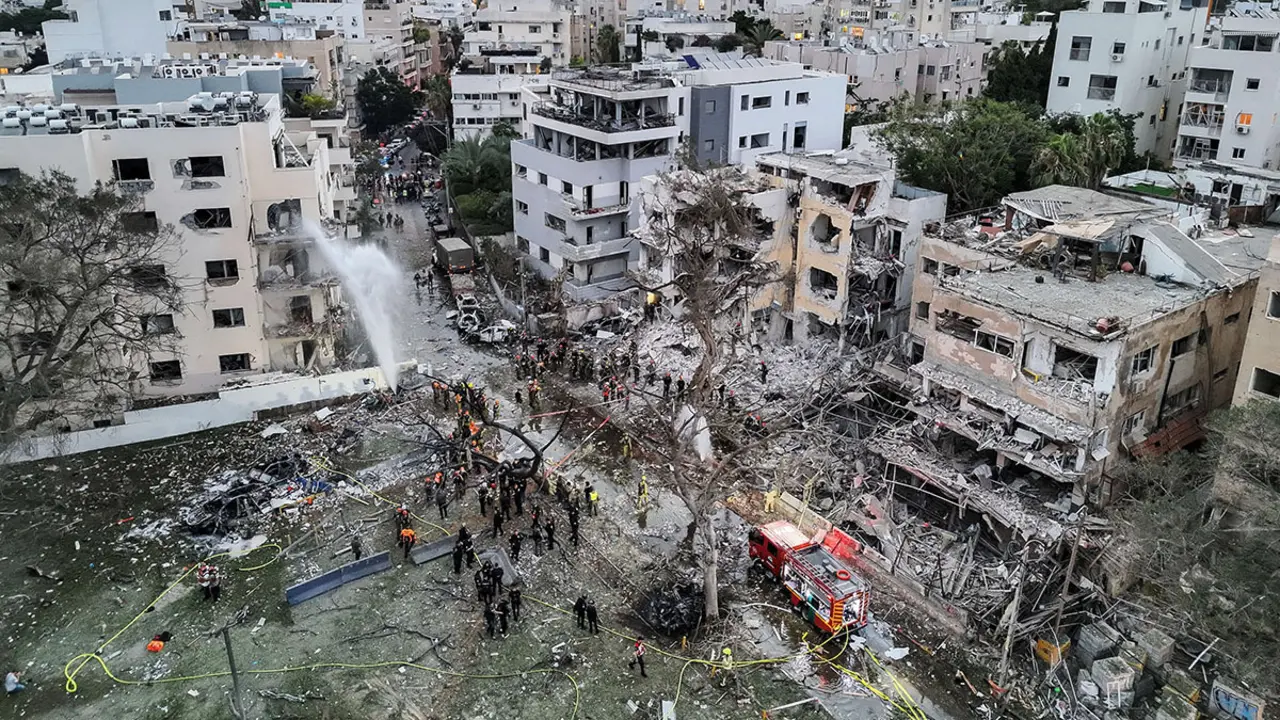López Obrador backs Peru's president in the face of possible overthrow: "He is not alone"

Peruvian President Pedro Castillo has faced several overthrow attempts and a smear campaign against his image during his term in office. However, he has important supporters such as Mexican President Andrés Manuel López Obrador, who has openly expressed his support for his Peruvian counterpart.
"He is counting on us, because this is a kind of preparation for an overthrow. They are doing what they do in other places, what we have seen in history, what they are doing, for example, with Cuba", López Obrador stressed during his press conference.
During his statement, the Mexican president highlighted the support that Mexico has offered Peru in response to Castillo's request for support, where they provided fuel and vaccines by sending an Air Force plane with Mexican officials, including Rogelio Ramírez de la O, Secretary of Finance and Public Credit (SHCP) and Ariadna Montiel Reyes, Undersecretary of Welfare.
"It was a Mexican Air Force plane. They were there and we offered to help with fuel. Vaccines were offered, but the truth is that they already have vaccines, and in the case of fuel, they told us that they have gas and that they are on their way out," said the president.

This Mexican delegation had an important social advisory mission on projects such as Jóvenes Construyendo el Futuro and the Pensión Universal para Adultos Mayores (Universal Pension for the Elderly). "What mattered most to them was the social issue, the programme for older adults, Jóvenes Construyendo el Futuro, and our political support, because there is information that there has been aggression. So, we are going to be vigilant, to tell him that he is not alone, but also our Peruvian brothers and sisters," said the president.
At a morning press conference, López Obrador assured that Mexico respects the sovereignty of nations, however, he affirmed that a principle of the country's foreign policy is cooperation for the development of peoples, as well as respect for human rights.
"We are very respectful of the independence of countries. Non-intervention and self-determination of peoples is a principle of our foreign policy". However, he stressed that "as part of Mexico's foreign policy, we have to defend cooperation or put into practice cooperation for development between countries and peoples, and also human rights, and we always seek a balance", the Mexican leader justified.
López Obrador has begun to weave an ever-deeper network of regional alliances, which represents a shift in the Mexican government's diplomatic strategy, reflected in its cooperation with the United States, its support for Cuban President Miguel Díaz-Canel in the face of the economic blockade and international sanctions. As well as the promotion of a progressive axis in Latin America, especially with Argentina and Bolivia.

The current situation in the Andean country is tense. Pedro Castillo had already been criticised for his international relations with Evo Morales, the former president of Bolivia, who had scheduled a meeting of the Runasur sub-regional platform in Peru, which some Peruvian foreign ministers described as "pernicious" and a "clear threat" to Peru's sovereignty. In the end, pressure and criticism forced the event to be called off.
In this context, López Obrador's statements in favour of the Peruvian president have rekindled criticism from his opponents, who question Pedro Castillo's international connections.
"And so the Chavista left accuses the president of Congress María del Carmen Alva of interference for the protocol meeting in Spain, when Pedro Castillo himself calls on the president of Mexico, López Obrador, to interfere in national politics," wrote Patricia Juárez, president of the constitutional commission belonging to the Fuerza Popular party, via her Twitter account.
For her part, the president of the Council of Ministers, Mirtha Vásquez, said that the dialogue between leaders is positive and can help to strengthen aspects of the country.
"These are meetings that take place within the framework of this collaboration between states, and I believe that they have all the legitimacy that this collaboration between states really represents," said Mirtha Vásquez.

